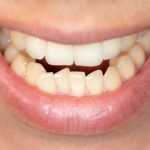Why Does My Breath Still Stink After Brushing? Exploring the Reasons Behind Persistent Bad Breath
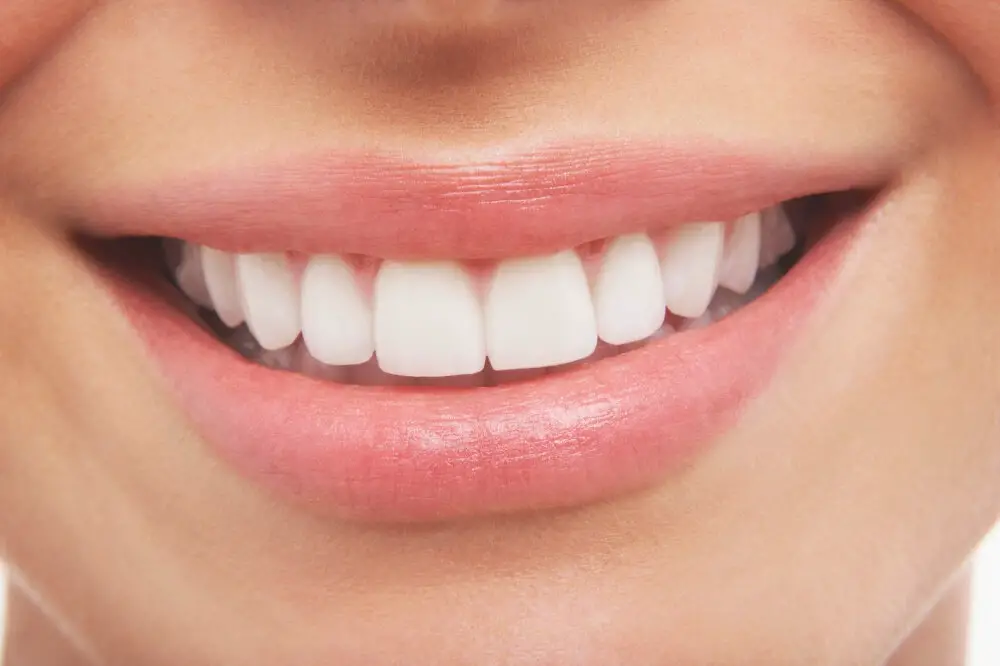
Bad breath, also known as halitosis, is a common problem that affects people of all ages. Despite practicing good oral hygiene habits such as brushing and flossing, many individuals still struggle with persistent bad breath. This can be frustrating and embarrassing, and can even negatively impact one’s personal and professional life. However, understanding the underlying reasons behind persistent bad breath can help individuals take appropriate measures to address it. There are a multitude of factors that may contribute to persistent bad breath, ranging from poor oral hygiene to underlying medical conditions. In many cases, bad breath is caused by bacteria that accumulate in the mouth and produce unpleasant odors. Other times, it may be the result of certain foods, medications, or lifestyle habits such as smoking. Additionally, certain medical conditions such as sinus infections, acid reflux, and diabetes can also cause bad breath. By exploring the various causes of persistent bad breath, individuals can gain a better understanding of their own unique situation and take steps to improve their oral health and overall well-being.
Bad breath after brushing can be an uncomfortable and embarrassing problem that affects oral hygiene and social interactions. Even after using mouthwash and brushing with toothpaste, some people may find that their breath still smells unpleasant. This can be caused by a variety of factors, including poor oral hygiene, certain foods, and underlying medical conditions. Persistent bad breath can impact one’s self-confidence and may lead to social isolation. It is important to identify the root cause of bad breath and address it in order to maintain good oral health and improve one’s quality of life.
Causes of bad breath
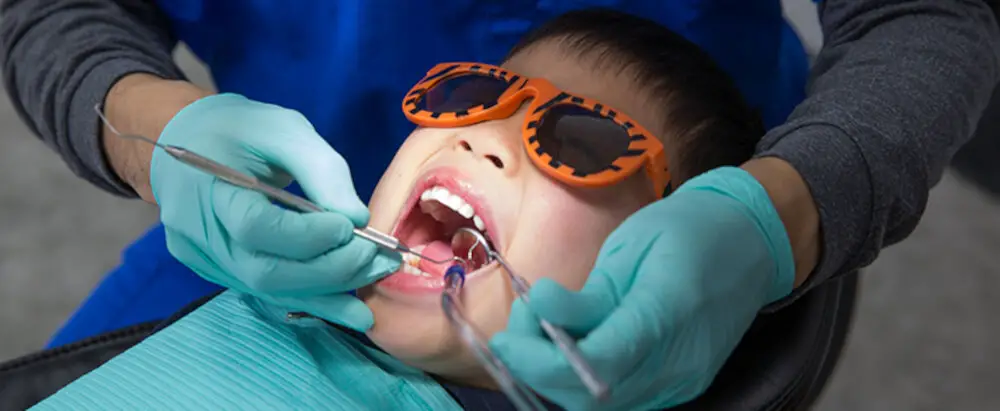
Persistent bad breath, also known as halitosis, can be a frustrating and embarrassing condition that affects millions of people worldwide. Halitosis can be caused by a variety of factors, including poor dental hygiene, certain foods and beverages, smoking, dry mouth, and underlying medical conditions. Poor dental hygiene is a common cause of halitosis, as bacteria can build up on the teeth, gums, and tongue, producing an unpleasant odor. Brushing and flossing regularly, as well as using mouthwash, can help to remove the bacteria and freshen the breath. Certain foods and beverages can also contribute to bad breath, such as garlic, onions, coffee, and alcohol. These substances can linger in the mouth and digestive system, producing an unpleasant odor that can be difficult to eliminate. Smoking is another common cause of halitosis, as tobacco can leave a strong and persistent odor in the mouth and lungs. Dry mouth, also known as xerostomia, can also lead to bad breath, as saliva helps to wash away bacteria and food particles that can cause odor. Finally, underlying medical conditions such as sinus infections, respiratory infections, and acid reflux can also contribute to persistent bad breath, as these conditions can produce excess mucus or stomach acid that can cause an unpleasant odor to linger in the mouth.
One of the most common causes of bad breath is poor oral hygiene. When you don’t brush and floss regularly, food particles and bacteria accumulate in your mouth, creating an unpleasant odor. Gum disease is another common culprit, as it causes inflammation and infection in your gums that can lead to chronic bad breath. Certain foods and drinks can also contribute to bad breath, such as garlic, onions, and coffee. Additionally, smoking and tobacco use can cause bad breath and other oral health problems. Identifying the root cause of your bad breath is essential in treating and preventing it from persisting.
Persistent bad breath, also known as halitosis, can be caused by a variety of factors that are not necessarily related to poor oral hygiene. One of the most common culprits is the buildup of bacteria in the mouth, which can occur due to dry mouth, gum disease, or poor dental hygiene habits. Additionally, certain foods and drinks, such as onions, garlic, and coffee, can cause bad breath. In some cases, bad breath may be a symptom of an underlying medical condition, such as sinus infections or acid reflux. Regardless of the cause, it is important to address persistent bad breath in order to maintain good oral health and prevent social embarrassment.
Medical conditions and medications
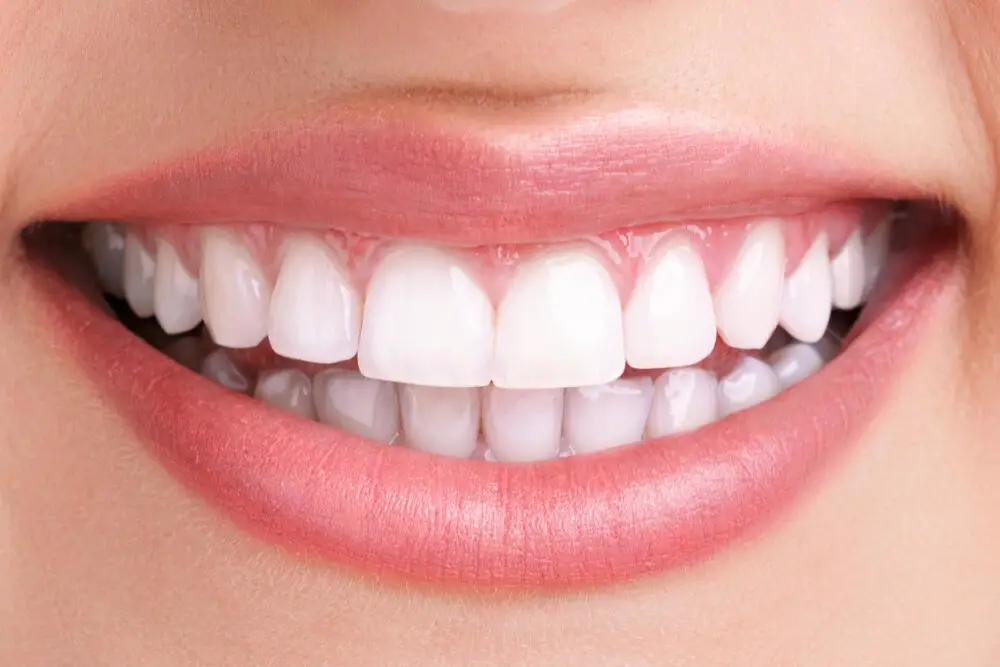
Medical conditions and medications can also play a significant role in causing bad breath. Dry mouth, also known as xerostomia, occurs when there is a decreased production of saliva in the mouth. Saliva helps to wash away food particles and bacteria that cause bad breath. Medical conditions such as Sjogren’s syndrome, diabetes, and certain medications like antihistamines, antidepressants, and high blood pressure drugs can cause dry mouth. Without sufficient saliva, bacteria can thrive and cause bad breath. Gastroesophageal reflux disease (GERD), also known as acid reflux, occurs when stomach acid flows back into the esophagus. The acid can irritate the esophagus and cause a sour taste or odor in the mouth. GERD can also cause bad breath due to the strong odors of stomach acid and partially digested food. Other medical conditions that can cause bad breath include respiratory infections, liver disease, and kidney disease. If you have persistent bad breath despite good oral hygiene practices, it is important to consult with a healthcare professional to rule out any underlying medical conditions or medications that may be causing the problem.
Certain medical conditions can cause bad breath, despite regular brushing and flossing. Dry mouth, also known as xerostomia, can lead to bad breath as saliva helps to rinse away bacteria in the mouth and keep it moist. Sinus infections can also cause bad breath as the mucus in the sinuses can create an environment for bacteria to grow. Acid reflux is another medical condition that can cause bad breath as stomach acid can come up into the esophagus and mouth, leaving a sour odor. It’s important to address these medical conditions with your healthcare provider to prevent persistent bad breath.
While most people assume that bad breath is solely caused by poor oral hygiene, medications can also play a significant role. Certain medications such as antidepressants and blood pressure drugs can contribute to bad breath by causing dry mouth. Dry mouth occurs when there is a decrease in saliva production, which is crucial for washing away bacteria in the mouth that can cause bad breath. Additionally, some medications can leave a chemical residue in the mouth, leading to a foul odor. Therefore, it’s important to consider the potential side effects of medications when experiencing persistent bad breath, and consult with a healthcare professional for any concerns.
Lifestyle factors
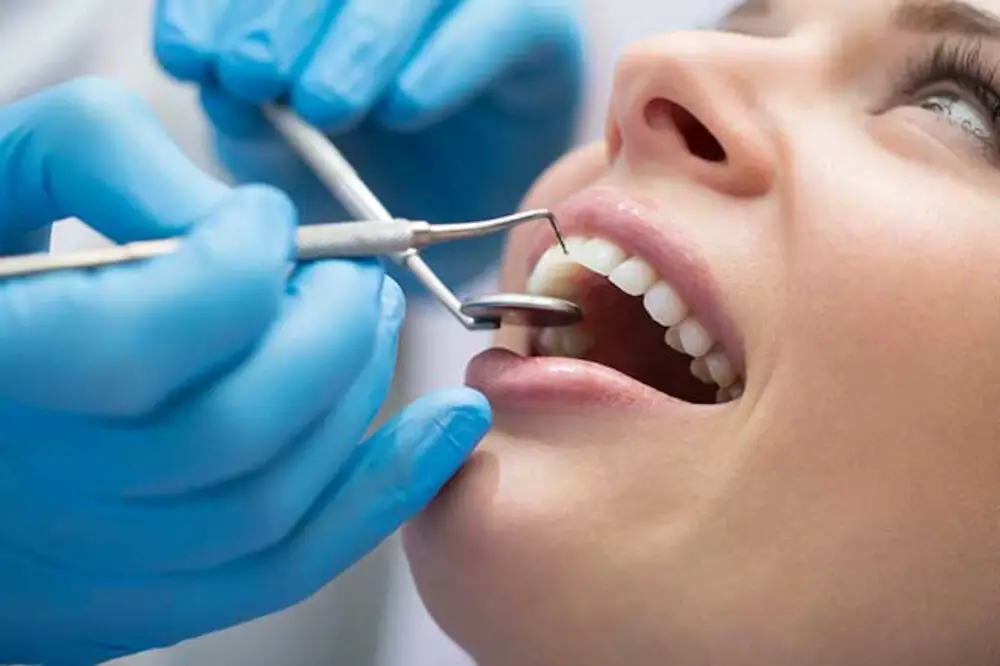
Lifestyle factors play a significant role when it comes to bad breath. Smoking and drinking alcohol can lead to dry mouth, which is a breeding ground for odor-causing bacteria. Moreover, tobacco can leave a distinct and unpleasant smell in the mouth, which can linger even after brushing. Poor oral hygiene can also be a contributing factor. Failing to brush and floss regularly can allow food particles to remain in the mouth, leading to the production of sulfur compounds by bacteria, which results in bad breath. Additionally, consuming a diet high in sugar and carbohydrates can lead to the production of plaque, which harbors bacteria that cause bad breath. Stress can also be a lifestyle factor that contributes to bad breath. When a person is under stress, their breathing patterns change, leading to dry mouth. Stress can also cause an increase in stomach acid production, which can lead to acid reflux and bad breath. Additionally, people who frequently skip meals or have an irregular eating pattern may experience bad breath due to the buildup of bacteria in the mouth. Eating regularly and staying hydrated can help combat bad breath caused by lifestyle factors. By being mindful of these lifestyle factors and making changes where necessary, people can significantly reduce their chances of having persistent bad breath.
Lifestyle factors such as smoking and alcohol consumption can play a significant role in causing bad breath and making it challenging to eliminate. Smoking is notorious for causing a variety of oral health problems, including gum disease and dry mouth, which can lead to bad breath. Alcohol consumption, on the other hand, can cause dehydration, which can reduce saliva production, leading to a dry mouth and bad breath. Additionally, alcohol can also cause an increase in the growth of bacteria in the mouth, which can further exacerbate bad breath. To combat bad breath caused by these lifestyle factors, it is essential to quit smoking and reduce alcohol consumption while maintaining good oral hygiene practices such as brushing and flossing regularly.
Stress and poor diet are two factors that can contribute to bad breath. When you are stressed, your body produces more cortisol, which can lead to dry mouth. A dry mouth provides a perfect environment for bacteria to thrive, which can cause bad breath. Poor diet, especially one that is high in sugar and processed foods, can also contribute to bad breath. These types of foods can lead to an overgrowth of bacteria in the mouth, which can cause a foul odor. Additionally, not getting enough fiber in your diet can lead to constipation, which can also cause bad breath. To combat bad breath caused by stress and poor diet, it is important to practice good oral hygiene, stay hydrated, and eat a balanced diet rich in fiber and nutrients.
Tips for preventing bad breath
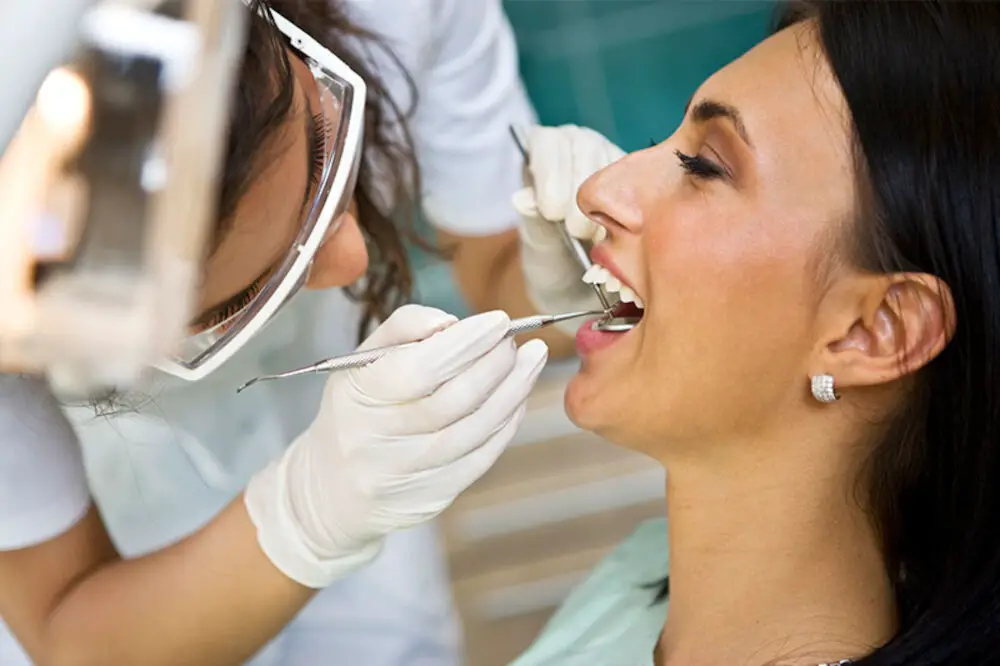
Bad breath or halitosis is a common problem that can affect anyone, and it can be caused by a variety of factors such as poor dental hygiene, gum disease, dry mouth, smoking, and certain foods. However, there are several things you can do to prevent bad breath and keep your mouth healthy and fresh. First and foremost, it is essential to maintain good oral hygiene by brushing your teeth twice a day with fluoride toothpaste, flossing daily, and using mouthwash to kill bacteria and freshen your breath. Also, make sure to clean your tongue regularly as it can harbor bacteria and food particles that contribute to bad breath. Another effective way to prevent bad breath is to drink plenty of water and stay hydrated throughout the day. This helps to flush out bacteria and keeps your mouth moist, preventing dry mouth, which can lead to bad breath. Additionally, it is important to avoid certain foods and drinks that can contribute to bad breath, such as garlic, onions, coffee, and alcohol. If you do eat these foods, try to brush your teeth or rinse your mouth with water afterward. Finally, if you smoke, consider quitting as smoking not only causes bad breath, but it also increases your risk of gum disease and oral cancer. By following these tips, you can prevent bad breath and maintain good oral health.
Bad breath, also known as halitosis, can be an embarrassing problem to deal with. However, there are practical steps you can take to prevent it. The most important step is proper oral hygiene, which includes brushing your teeth twice a day, flossing daily, and using mouthwash. Additionally, drinking plenty of water helps to wash away bacteria and food particles that can cause bad breath. Avoiding certain foods and drinks, such as garlic, onions, coffee, and alcohol, can also help to prevent bad breath. By taking these simple steps, you can ensure that your breath stays fresh and clean, leaving you feeling confident and comfortable in any situation.
Regular dental checkups and professional cleanings are essential in preventing bad breath. During these visits, a dental hygienist can remove built-up plaque and tartar on teeth and around the gum line, which are the primary culprits of bad breath. Additionally, a dentist can identify any potential dental issues that may be causing bad breath, such as gum disease or tooth decay. Maintaining good oral hygiene practices, such as brushing twice a day and flossing daily, are crucial in preventing bad breath. However, regular dental checkups and cleanings can provide a deeper clean and prevent further complications that could contribute to persistent bad breath.
Persistent bad breath, also known as halitosis, can be caused by a variety of factors, including poor oral hygiene, dry mouth, and certain foods and drinks. However, it is important to identify the underlying cause of bad breath in order to effectively treat it. For example, if the cause is poor oral hygiene, simply brushing and flossing regularly may be the solution. However, if the cause is a medical condition such as gum disease or sinusitis, additional treatment may be necessary. Additionally, identifying and addressing the root cause of bad breath can not only improve oral health, but also overall health and quality of life. Therefore, it is crucial to consult with a dentist or healthcare provider to determine the underlying cause of bad breath and develop an effective treatment plan.
If you’re one of the many people who struggle with bad breath, don’t despair. There are several steps you can take to prevent this common problem, including maintaining good oral hygiene habits like brushing and flossing regularly, drinking plenty of water, and avoiding foods that can contribute to bad breath. However, if you find that your bad breath persists despite your best efforts, it may be time to seek professional help. A dentist or doctor can help identify the underlying causes of your bad breath and develop a treatment plan tailored to your specific needs. Don’t let bad breath hold you back from enjoying life – take action today and take steps to improve your oral health and overall well-being.
Conclusion
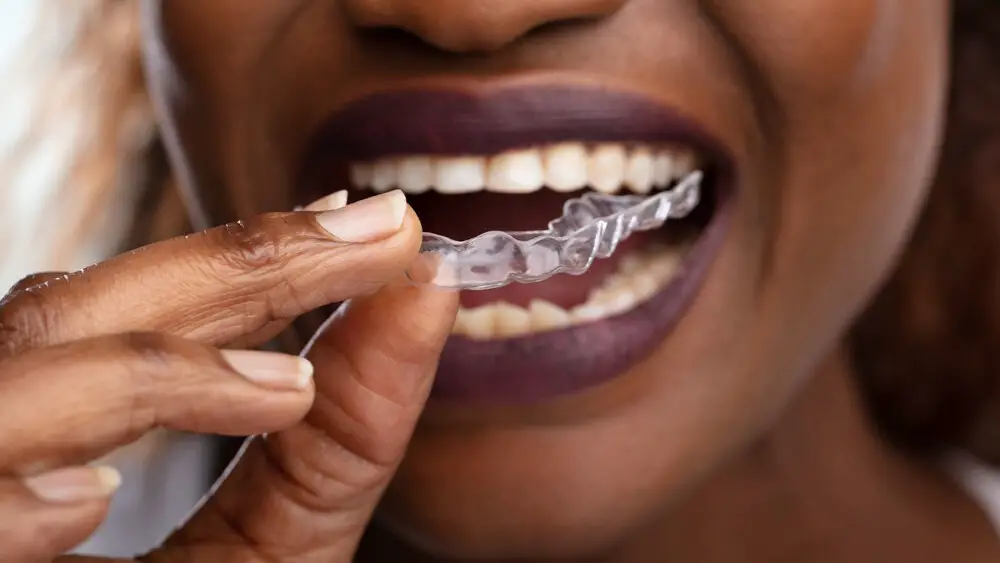
In conclusion, persistent bad breath can be a frustrating and embarrassing issue that affects many individuals. While regular brushing and flossing are important for maintaining oral hygiene, they may not always be enough to combat chronic halitosis. The reasons behind persistent bad breath can vary, from underlying health conditions to poor dietary choices. It is essential to address the root cause of bad breath in order to effectively treat the issue. Consulting with a dentist or healthcare professional can help identify potential causes and provide personalized recommendations for treatment. With proper care and attention, persistent bad breath can be managed and improved, allowing individuals to feel confident and fresh in their daily lives.


